Search
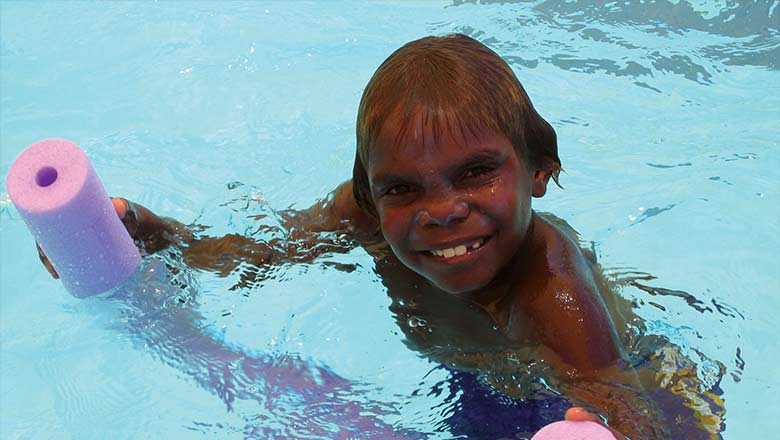
News & Events
Remote pools boost Aboriginal child healthA comprehensive study into the impact of swimming pools in remote Aboriginal communities has found significant health and social benefits for children.
News & Events
Aboriginal researcher receives Fiona Stanley MedalAboriginal researcher Annette Stokes has been awarded the Fiona Stanley Medal for her commitment to improving child health and wellbeing.
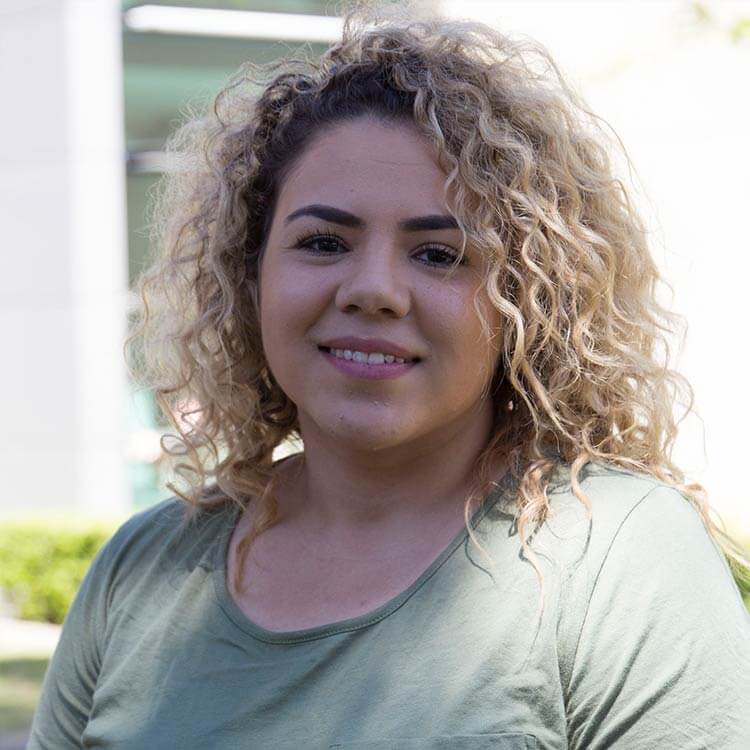
News & Events
The Kids researcher named WA Youth Awards finalist25 year old Noongar woman Tiana Culbong, a The Kids Research Institute Australia researcher, has been named as a finalist in the WA Youth Awards.
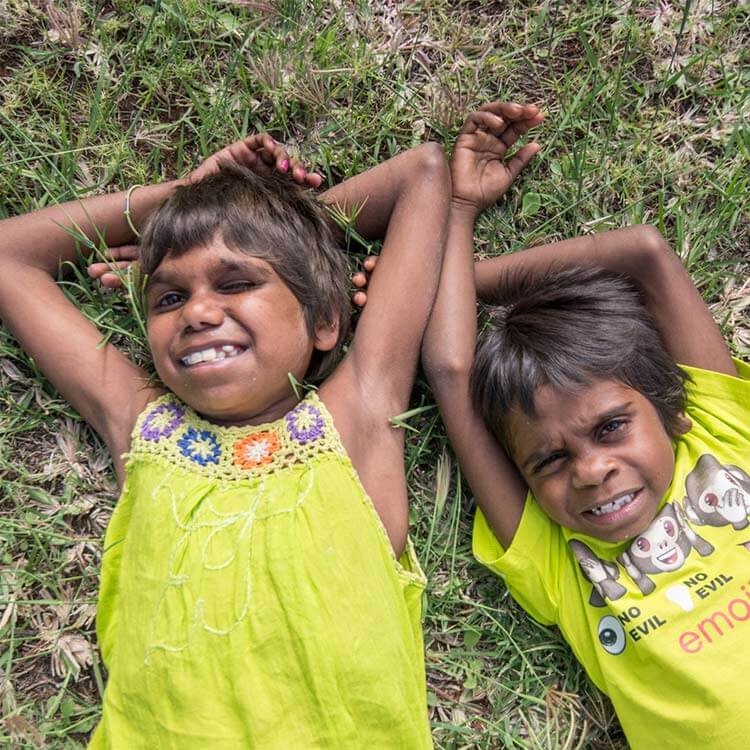
News & Events
New project to make FASD history in the PilbaraA new project aimed at reducing Fetal Alcohol Spectrum Disorder (FASD) in the Pilbara has been launched today in South Hedland.
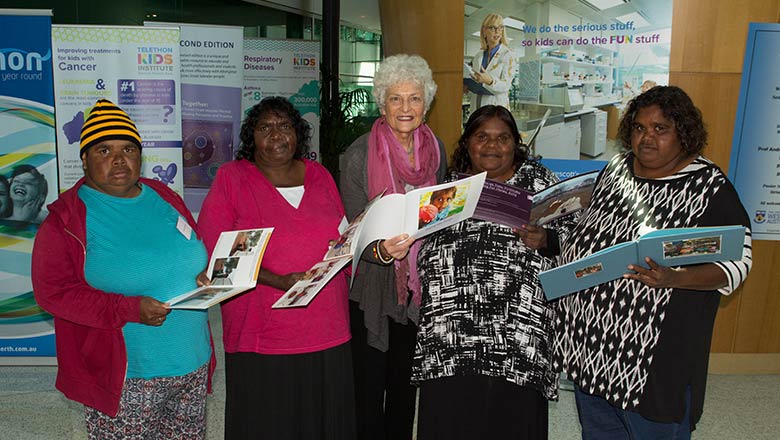
News & Events
Boosting literacy in Aboriginal kidsAn NHMRC grant to develop a program to improve school outcomes in the Ngaanyatjarra lands has helped create books reflecting Aboriginal experiences.
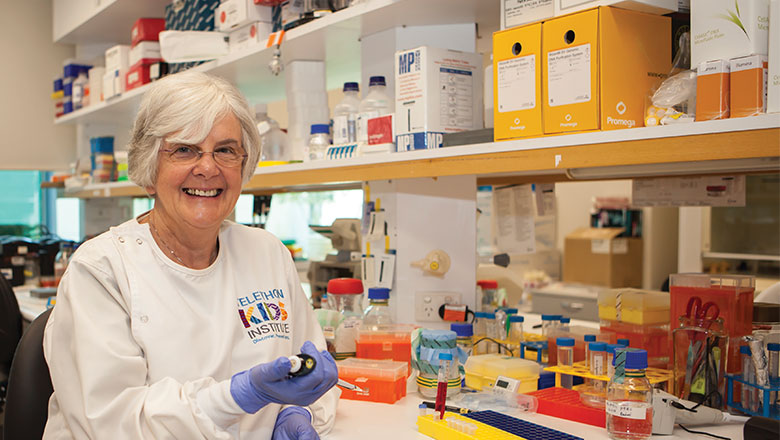
News & Events
A new approach for research with Aboriginal communitiesWinning the support of a remote Aboriginal community paved the way for a pioneering genetics study.

News & Events
Homes crucial for healthy earsThe Kids researchers discovered that overcrowding is the strongest predictor of carriage of bacteria that cause otitis media
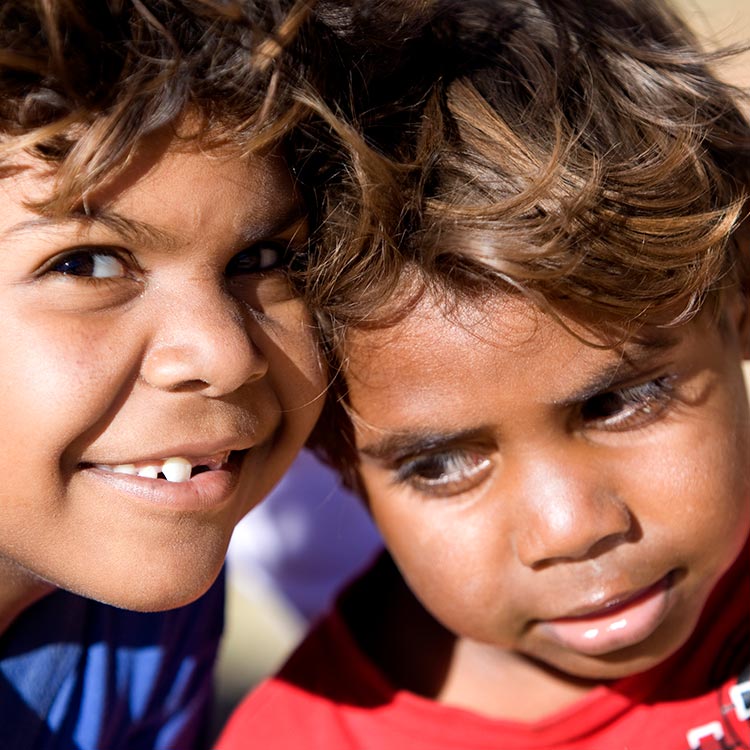
News & Events
Rich data to highlight crucial turning points for intervention to close the gap in Aboriginal healthA multi-disciplinary team of researchers will use more than 40 years of data to pinpoint crucial areas that could be “turning points” in development where intervention could contribute to closing the gap in Aboriginal health in Australia.
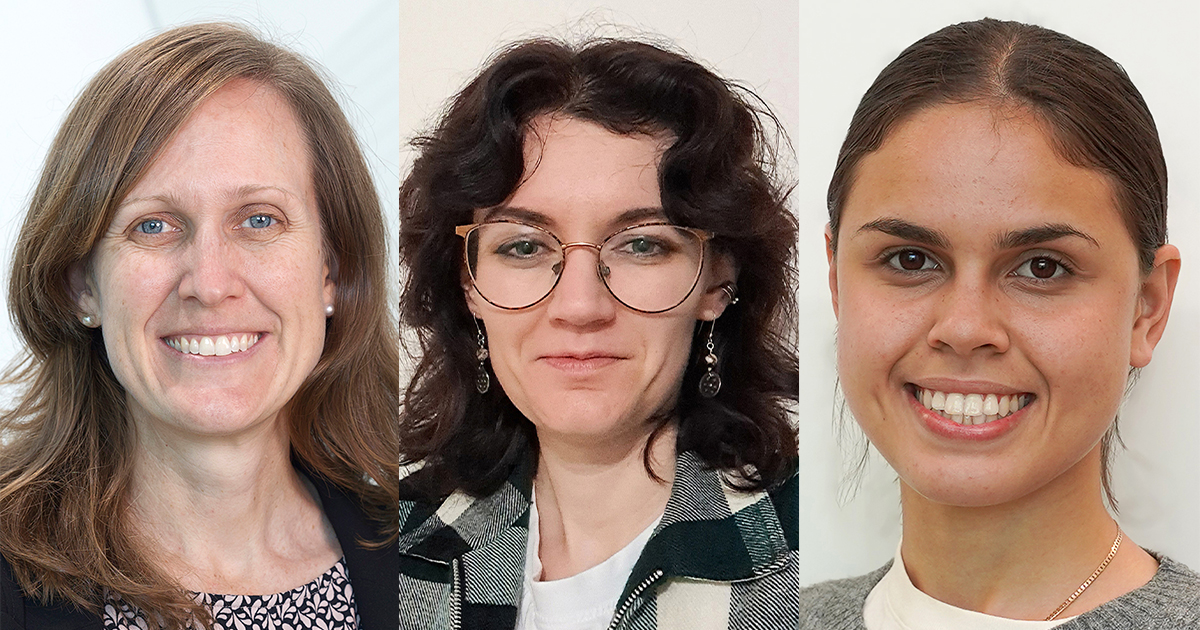
News & Events
Triple triumph for The Kids at 2025 Premier’s Science AwardsThree researchers from The Kids Research Institute Australia were recognised as being among Western Australia’s brightest and most innovative scientific minds at last night’s 24th Premier's Science Awards.
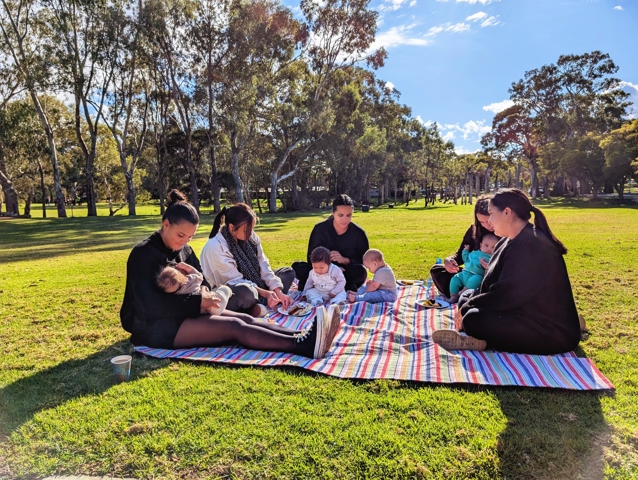
News & Events
Aboriginal women lead design of maternal and child healthcare modelA group of 19 Aboriginal women from South Australia, along with researchers from The Kids Research Institute Australia, have developed a culturally responsive, evidence-based model of care to support Aboriginal women with cardiometabolic complications in pregnancy in SA.
